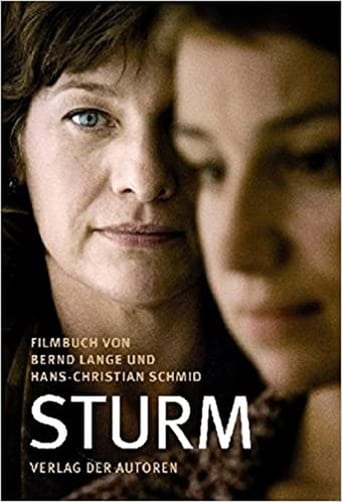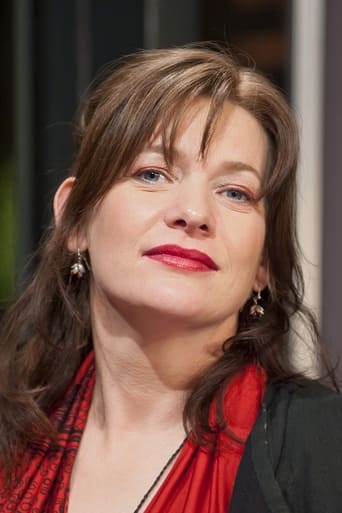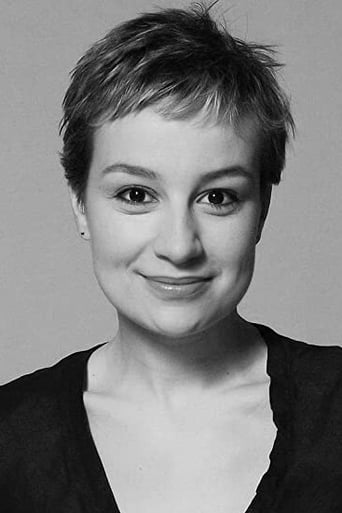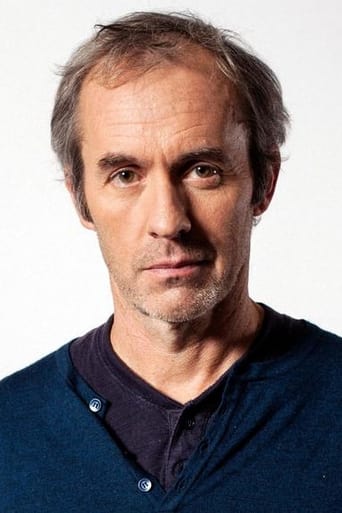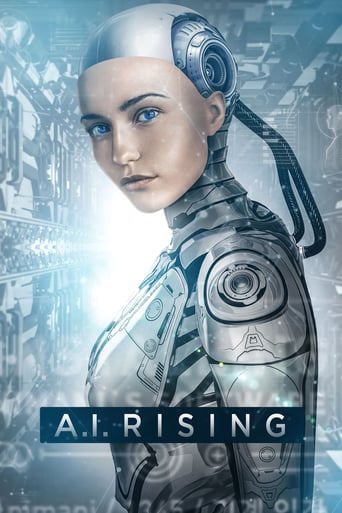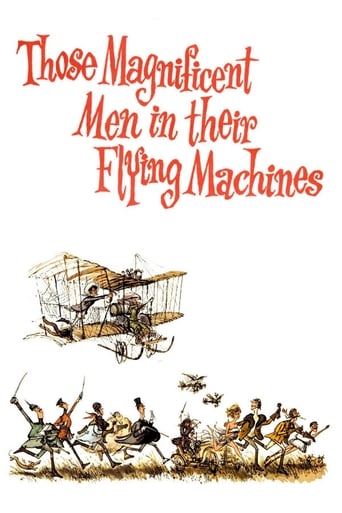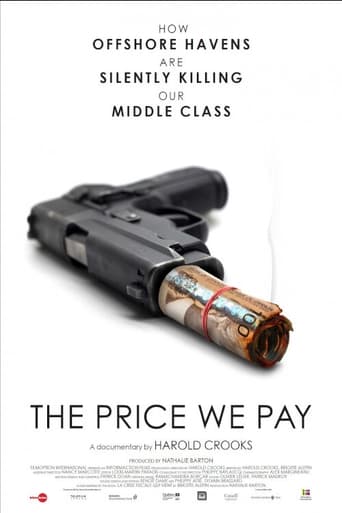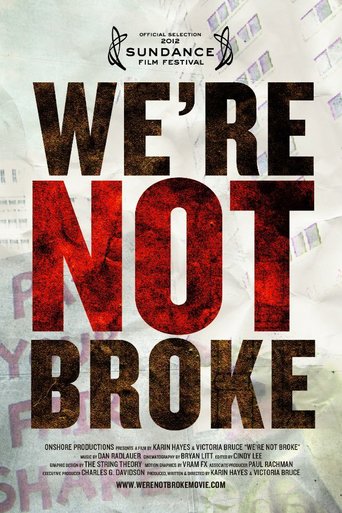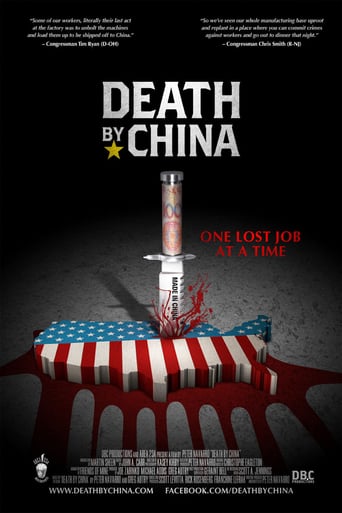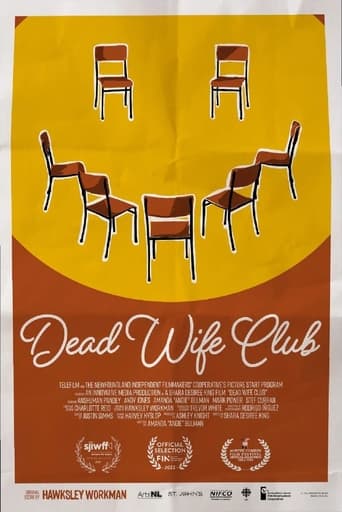Storm (2009)
Hannah Maynard, a prosecutor of Hague's Tribunal for war crimes in former Yugoslavia, charges a Serbian commander for killing Bosniaks. However, her main witness might be lying, so the court sends a team to Bosnia to investigate.
Watch Trailer
Cast


Similar titles
Reviews
This is a powerful and moving view of the ambiguity of international justice (and maybe anyone seeking a just outcome). The writing is spare, almost barren, so the actors must bring the story to life. Kerry Fox, Anamaria Marinca, Stephen Dillane, Rolf Lassgård, Alexander Fehling, Tarik Filipovic,provide remarkable nuanced performances. While the pacing is slow, it is necessary to appreciate the moral and ethical ambiguity that both the prosecutor and victim must endure in their pursuits of justice, or truth. (You may remember Anamaria Marinca in Four Months, Three Weeks and Two Days (http://www.imdb.com/title/tt1032846/) a heart breaking story of two women struggling in Ceauceseau's Romania).The writing provides multiple points of conflict but there is little resolution, at least not that American audiences are accustomed to. There won't be a speech into the camera delivered with the intensity of Sean Penn. Instead, there will be small acts of defiance - which may not be as dramatic as American audiences are accustomed to seeing - but they are delivered with no less moral courage.Watch for small but poignant scenes between Kerry Fox and the President of the tribunal, or between Kerry Fox's character and her immediate boss. Is the prosecutor merely acting as a person that is bitter about losing out on a promotion or is he she motivated by higher purposes? Is Anamaria Marinca's character motivated to release a personal secret or seek justice? (See if you think her character is seeking redemption and release from testifying. The relationship with her husband and how she deals with her secret are telling.) This is not a person that would tell the world on Oprah - she seeks something greater than personal therapy.)The title remains intriguing. What storm are they referring to? The vicious acts that set into motion the plot? Or the response of the prosecutor and the victim to not only the criminal acts but the manner by which the international court decides to confront them? Don't pay any attention to the New York Times review. The reviewer missed the mark. While I agree with the reviewer that the movie was slow paced, I disagree that it fails to maintain its promise by the end. This is a movie that is consistent and powerful to the end. We may not be satisfied with the result, but welcome to the ambiguities of life.See this film!
Storm (2009)It is hard for people outside of the United Nations crimes courts to know quite how that world feels from the inside. I think it's too foreign, in every way, to know. And Hollywood tends to approach this kind of situation with heightened drama, exaggerated flair, darker darks and more romantic romances. I'm not a U.N. insider, but this isn't Hollywood and "Storm" feels as close to getting to the reality of that world as you can get in a fictional milieu. That's the brilliance of the filmmakers, withholding and avoiding undue drama but also making the characters complex and interesting.Of course, restraint isn't always the way to engross your audience, and "Storm" tends to be interesting all along. It feels important and principled, a lot like its characters. This might help it last as a classic of some sort, gaining over time some of the shine it doesn't quite have now. But there is also the issue of why, exactly, the victims of war atrocities in the Bosnian conflict were forgotten by most of the world in the years after the war ended. From an American point of view, Yugoslavia had always seemed far away, not quite Europe, not quite Asia, becoming a mix of newly minted countries from the dissolution of a big one that had always remained isolated internationally. But the Europeans understand one of their own, and if this movie is right, it seems that Bosnia (and Serbia et al) were largely forgotten once the actual war was over. "Storm" is a particularly European approach to the issue, a Danish film overall, but a multi-culti multi-country production that fits its subject perfectly.This movie is about a kind of dogged heroism that is part of the glory, really (no joke) of the United Nations. You come to appreciate the struggling, idealist foreign service and civil rights work that goes on at the lower levels of the U.N. completely out of sight, but critically important. Here the fight is led by a discouraged mid-career lawyer played by Kerry Fox with something approaching perfection. Her character is so everyday (for a high powered lawyer), you sometimes forget that the actress is pulling it off so well. The second lead comes in only halfway through, the equally brilliant Romanian actress Anamaria Marinca, who is a victim being coaxed into testifying, even though it is putting her life and her family in mortal danger.Not many movies get made about this world in part because it's a little dry. There are no shootouts or bombs, just suspicious glares, sudden backroom decisions. But it's an important movie, at least it was for me, giving me just a small insight into that world, and into the social wreckage of the Bosnian war. If it had been given more drama, it would have acquired more hype, and director Hans-Christian Schmid deserves a bow for his steadfastness.In researching a little, I found this review which I thought was really well written, you might also enjoy: http://www.filmcritic.com/reviews/2009/storm/Or just see the darned movie.
This film was supposed to be done in 2007 and to talk about a Croatian war crime criminal Ante Gotovina that was arrested in Spain and the infamous 'Storm' (military offensive in Croatia in 1995), but somehow the title stayed, but the story changed (probably doing the long research) and it's about a trial against a Serbian commander from the same war (who gets caught in Spain at the beginning of the film though) and the main roles (the convict and his lawyer) were played by Croatians which was funny. The commander's name and the place where he allegedly committed crimes are fiction, except the hotel's name that was modified, but who can speak the language will get it.Anyway, doesn't matter which side is being the bad one, a war criminal is a war criminal but also a national hero for some. What I like about this film is that it's remarkably restrained for a political film, there are no flashbacks to the wars in the Balkans because in the first place it covers the dynamics of the ICTY (International Criminal Tribunal for the former Yugoslavia) in pretty much critical way, how it works (shown from personal and public perspective), how time pressure on witnesses, judges, prosecutors.. should be reduced because the UN plans closing the Tribunal by the end of 2010 and many things have been left untold, unsolved, criminals unpunished.. It yearns for public awareness hoping something will change. It portrays how difficult it is to run a lawsuit when you can't make witnesses testify because they are afraid for their lives and families, when even after so many years some people are not ready to speak, the others are not capable of accepting the terrible crimes violating human rights as crimes that should be punished. It shows women's zeal for justice and punishment more than men's, people trying to maintain their balance when everything's unjust, betrayals, political countermeasures.. In this film a hero may not get the villain, the victim may not get to testify like she wants and the justice may not be satisfied because even at high court as this one justice is just a part of political games, a lot of compromises are being made because a lot of things are at stake (for example the witness' testimony may jeopardize the political need to bring various states from ex-Yugoslavia into the EU, it should be done as smoothly as possible and everything else is less important, even justice).The heart of the film lies in the scene when a witness finds out that she won't be allowed to testify about her ordeal she asks a question about the ICTY in the fury - What kind of court is this? What the hell is it actually for?! The frustrating answer which is hard to accept is - Partial justice is better than none. And I should add superb acting by leading female roles Kerry Fox and Anamaria Marinca, the Notwist's music in the background giving the special cold feeling to the whole murky atmosphere and making the film good as it is, but still it has more sense to people from the region or those involved with the Tribunal.
I saw this picture after a critics recommendation. As a retired Lawyer I was fascinated by the Hague and its world Court process in prosecuting the atrocities of the Muslums and others in Bosnia. It is a cerebral thriller. It is more interested in pursuing the criminals who were the Leaders of these horrible crimes. It is a great film about the legal system no matter what the court. It relies on drama, good acting rather than tales of horror. The trial scenes are simple yet riveting and suspenseful. It is also a great pleasure that my wife and I knew NONE of the cast, making the film that much better. It always amazes me how many good filmmakers there are in the world who out perform the crap that Hollywood makes. The over blown-in love with special effects is so juvenile it is revolting. Suffice to say Im not a kids anymore and is great to know there are people who recognize that there is an adult mature audience hungering for such films. It is also a thriller, so I guarantee you wont be bored. See it as soon as you can since it is very limited release!!

